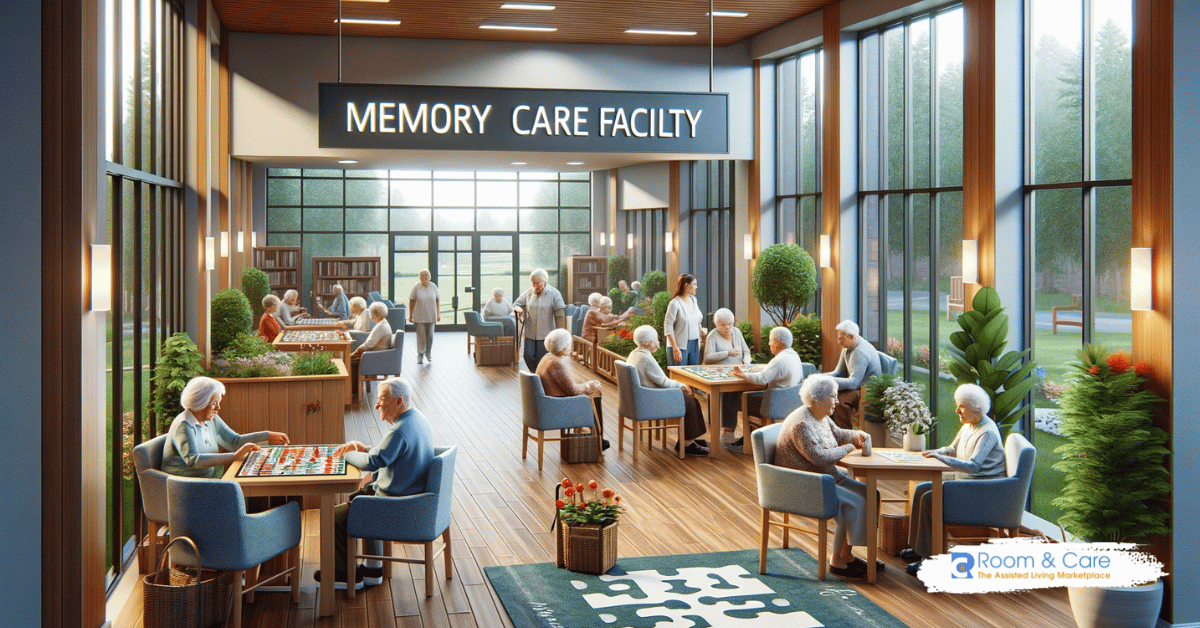Why Families Select Trusted and Expert Alzheimers Care Charlotte Facilities
Creating a Safe and Helpful Atmosphere for Alzheimer's Care
The production of a supportive and safe setting for people with Alzheimer's is paramount in improving their quality of life. Discovering these diverse techniques can expose vital insights into reliable caregiving methods that may transform the daily experiences of both patients and caretakers.
Comprehending Alzheimer's Requirements
Frequently, people with Alzheimer's disease exhibit a range of needs that require customized strategies to care. As the problem proceeds, cognitive decrease materializes in different ways, impacting memory, thinking, and even the capacity to execute everyday activities. Caregivers must identify these advancing demands to supply ideal support and guarantee a better of life for those impacted.
One essential facet of comprehending Alzheimer's needs is recognizing the relevance of regular and familiarity. People usually discover comfort in well-known patterns, which can minimize stress and anxiety and complication. Caretakers ought to make every effort to produce structured day-to-day routines that include significant activities straightened with the person's abilities and rate of interests.
Additionally, reliable communication is extremely important. Individuals with Alzheimer's might have a hard time to share themselves or comprehend complex language. Caretakers ought to use easy, clear language, usage non-verbal hints, and technique active paying attention to foster understanding and link.
Caretakers ought to motivate involvement in community activities or household celebrations, advertising a feeling of belonging and purpose. Comprehending these diverse requirements is crucial for creating a helpful treatment environment.
Designing a Safe Home
Creating a secure home for individuals with Alzheimer's disease is crucial to lessening dangers and advertising self-reliance. Ensure that paths are clear and well-lit, as correct illumination lowers disorientation and improves mobility.
Integrating adaptive functions is also vital. Install grab bars in washrooms and near stairs, and take into consideration utilizing non-slip floor coverings in wet locations. Additionally, using contrasting colors for floorings and wall surfaces can help in identifying spaces, aiding to mitigate confusion.
Knowledge is essential for people with Alzheimer's. Personalizing the atmosphere with familiar objects and photos can enhance a sense of belonging and protection - Alzheimers Care Charlotte. It is also helpful to have actually an assigned location for everyday activities, such as reading or crafting, which can provide structure to their day
Last but not least, executing a safe exterior space enables risk-free expedition while getting in touch with nature. By thoughtfully developing the home atmosphere, caretakers can significantly enhance the high quality of life for people coping with Alzheimer's condition.
Enhancing Interaction Skills

Non-verbal interaction, consisting of face expressions, motions, and touch, plays a critical duty in communicating empathy and understanding. Maintaining eye call and a calm behavior can enhance the convenience degree of the individual, advertising a feeling of safety.
In addition, it is essential to exercise active listening. This entails being completely present, revealing persistence, and enabling the person to share themselves without disturbance. Repeating may be needed; caregivers need to be prepared to review questions or subjects, as individuals with Alzheimer's may struggle with memory recall.
In addition, utilizing aesthetic help or hints, such as photographs or acquainted objects, can assist in recognition click and involvement. Ultimately, improving interaction abilities is about constructing trust and developing an atmosphere where people feel listened to, valued, and understood, thus improving their high quality of life.
Urging Social Interaction
Promoting purposeful social interactions can considerably boost the well-being of people with Alzheimer's disease. Engaging with others not just aids combat sensations of seclusion but also promotes cognitive feature and psychological health. Structured social activities, such as team games, crafts and arts, or songs therapy, create chances for homeowners to attach with peers and caregivers, which can result in enhanced state of mind and lowered anxiety.
Creating an inviting atmosphere that motivates socializing is important. This can be accomplished by setting up common rooms that promote interaction, such as cozy seating areas or activity spaces. Furthermore, integrating culturally pertinent and acquainted tasks can motivate and stimulate memories involvement, permitting people with Alzheimer's to really feel even more linked to their previous experiences.
Additionally, caretakers should be trained to recognize and advertise social engagement among residents. Simple gestures, such as launching conversation or helping with little seminar, can aid individuals feel valued and consisted of. Routinely arranged gatherings ought to correspond yet flexible, suiting differing levels of internet capacity and passion. By prioritizing social interaction, we can significantly enhance the lives of those dealing with Alzheimer's, promoting a sense of neighborhood and belonging.
Sustaining Caregiver Health

To support caretakers, companies need to offer routine training and academic sources to boost their understanding of Alzheimer's disease and caregiving techniques. Supplying accessibility to reprieve treatment solutions allows caregivers to take required breaks, minimizing anxiety and exhaustion - Alzheimers Care Charlotte. In addition, fostering a community through support system can assist in psychological sharing and the exchange of functional suggestions amongst caretakers, creating a network of mutual support
Psychological health sources, such as therapy solutions, can additionally be vital in addressing the emotional toll caregiving can take. By prioritizing caregiver wellness, we produce a more sustainable caregiving setting that not just profits the caretakers themselves however likewise enhances the overall quality of treatment obtained by people with Alzheimer's. Eventually, supporting caretakers is an important element in cultivating a effective and compassionate care setup.
Verdict
Finally, the development of a encouraging and risk-free environment for people with Alzheimer's is important to boosting their high quality of life. By prioritizing safety and security via thoughtful style, fostering psychological wellness with familiar components, and promoting involvement Go Here with structured routines, caretakers can substantially impact the total experience of those impacted by this problem. Additionally, supporting caretaker wellness is crucial, as it inevitably adds to an extra efficient and thoughtful care setting.
Repeating might be necessary; caretakers should be prepared to review concerns or subjects, as individuals with Alzheimer's might battle with memory recall.
